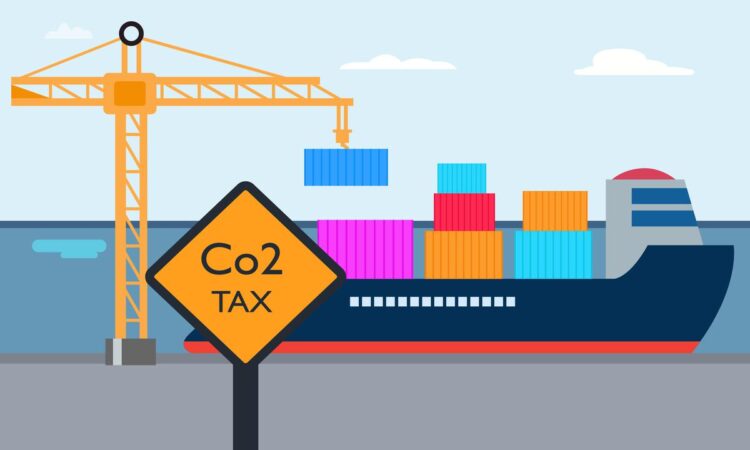
Updated – July 22, 2024 09:21 pm IST
Published – July 22, 2024 08:06 pm IST – NEW DELHI
Echoing the Centre’s concerns on “protectionism”, the Economic Survey has noted that the forthcoming Carbon Border Adjustment Tax (CBAT) mooted by the European Union “went against the spirit of the Paris Agreement.”
The Carbon Border Adjustment Mechanism (CBAM), as it is called, are tariffs that will apply on energy-intensive goods imported into the European Union. This is to ensure that local manufacturers of iron, steel and aluminium, which consume enormous fossil fuel, aren’t at a competitive disadvantage from similar goods produced in developing countries whose industries have more permissive fossil fuel emission norms.
“India not only has to deal with climate change and undertake energy transition but also deal with the protectionism of the developed countries. Europe is on course to implement its Carbon Border Adjustment Tax and both the United Kingdom and the United States are in different stages of imposing their versions of it in due course. These taxes are in contravention to the spirit of the Paris Agreement that recognised ‘Common but Differentiated Responsibilities’,” according to the Survey document.
The CBAM system is expected to come into force on January 1, 2026. India is among the top eight countries that will be adversely affected by CBAM, as per the Global Trade Research Initiative report. In 2022, 27% of India’s exports of iron, steel and aluminum products worth $8.2 billion went to the EU. It is estimated that a few of its core sectors, such as steel, will be “greatly affected” by CBAM.
Raising financial resources for climate change adaptation, the Survey document notes, is an “unprecedented challenge” as India’s climate action has been largely financed through domestic resources and the flow of international finance has been very limited. To achieve net zero by 2070, India needs $28 billion annually until that year. Domestic sources accounted for the majority of green finance in India, at 87% and 83% in fiscal years 2019 and 2020, respectively, the document added.
month
Please support quality journalism.
Please support quality journalism.






